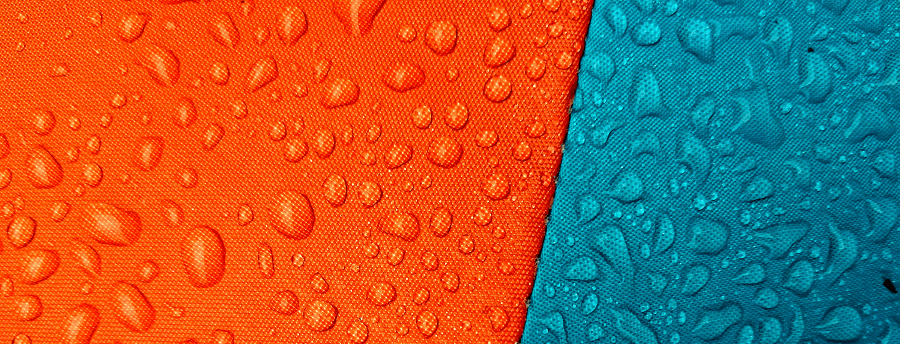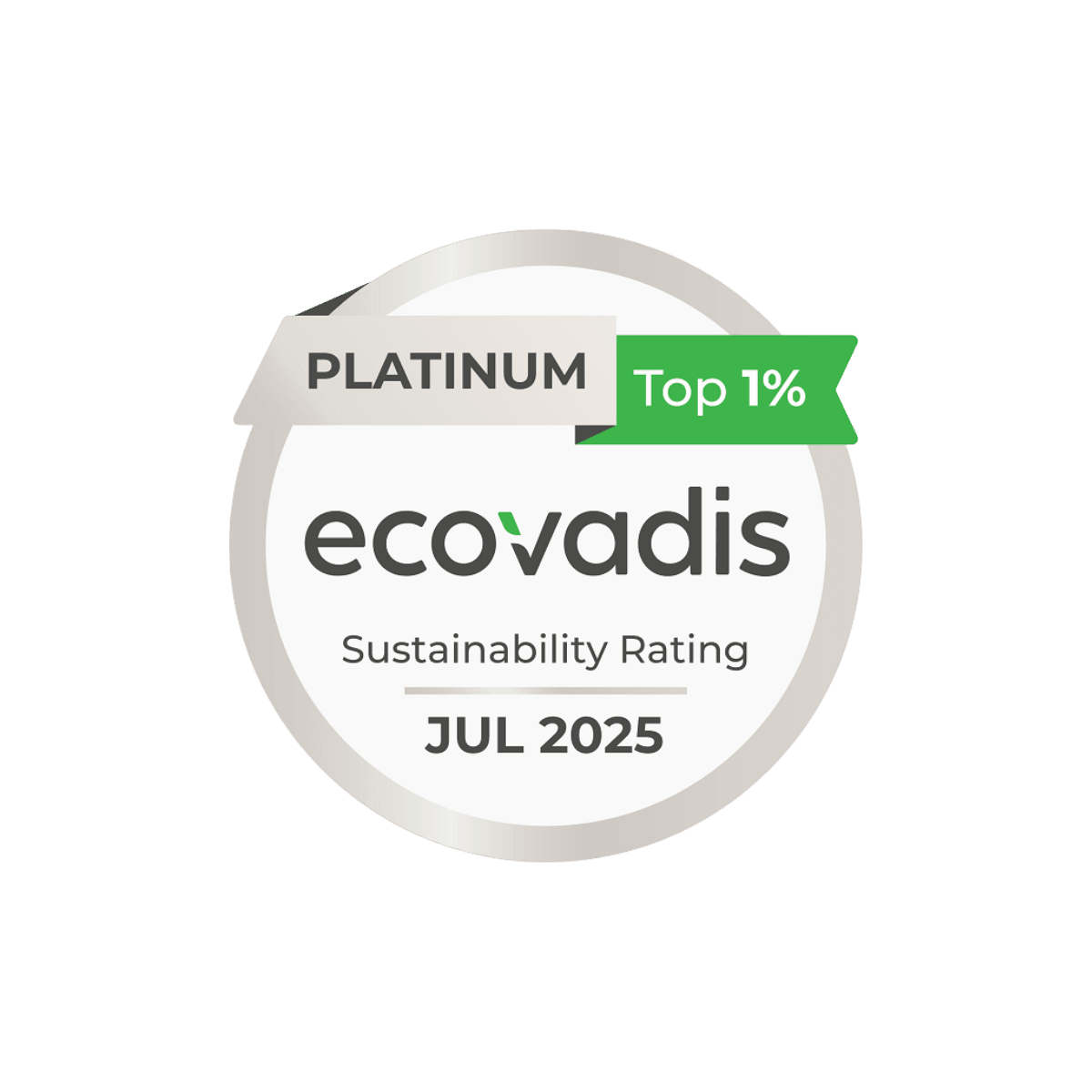
Leather Solutions
High-quality and responsible finishing and treatment solutions

Stahl is the global leader in speciality coatings for flexible materials. Our solutions are the invisible force behind the everyday materials used in countless industries – from automotive and apparel to luxury goods, footwear, packaging and home furnishings.
We are a company that creates great consumer experiences. And when people touch our products, we touch their lives – this is the impact we make each and every day.
Read more about our latest news, projects and partnerships

Stahl, the global leader in speciality coatings for flexible materials, has introduced a new bonding agent to connect rubber to other substrates.

The Autumn & Winter 2027 Collection Book is more than a source of inspiration - it’s a tangible showcase of Stahl’s expertise in specialty coatings for flexible materials.

Stahl has been awarded the Platinum rating by EcoVadis for the fourth year in a row. It is a proud moment to be recognised by Ecovadis within the top 1% of over 150,000 companies assessed worldwide.
At Stahl, we’re about more than just the products we make or the services we provide. We aim to be part of something greater – by being connected to the world around us and adding value to people’s lives. This mindset is embodied in our purpose: Touching lives, for a better world.
We aim to embrace new technologies and enter new sectors to create sustainable coating solutions that meet the demands of our changing world. In doing so, we will continue to champion human rights, inclusion and diversity, and the safety of our people.
First upcoming events:
Employees
Manufacturing sites
Sales offices in 22 countries
Application laboratories
women in management postions
Please get in touch with us.